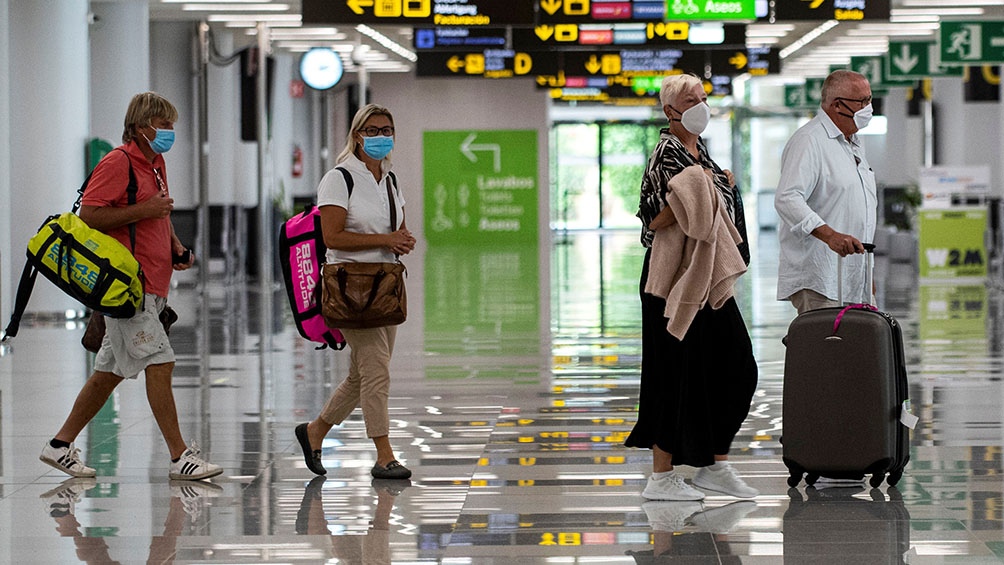The Diplomat
The International Cooperation for Development Commission of the Congress yesterday requested the Government to equalize the risk coverage for aid workers operating in war zones to that already enjoyed by the military.
The Commission debated and approved, with the only votes against Vox, a non-legislative proposal of the Socialist Parliamentary Group on the extension of risk coverage to aid workers who are victims in war conflicts. In the explanatory statement, the PSOE recalled the case of María Hernández, a 35-year-old member of the NGO Médecins Sans Frontières (MSF) from Madrid, who was working in the region of Tigray (Ethiopia) when she was killed on June 25, together with two local aid workers, Yohannes Halefom and Tedros Gebremariam. A total of fourteen Spanish aid workers have been killed worldwide since 1990.
The case of María Hernández is being investigated by the Audiencia Nacional (National Court) to find out the facts and establish who the perpetrators of her murder were. “However, there could be the paradoxical and unfair situation that her family is not entitled to receive compensation from the State because she is a victim in a war and not as a result of the action of a terrorist group,” warns the motion.
In this sense, the motion recalls that the “extensive Spanish legislation that can serve as a reference for the risk situations suffered by aid workers in the development of their humanitarian work” (the Law of Recognition and Integral Protection of Victims of Terrorism, the Law of International Cooperation for Development, the Royal Decree Law on Compensation for Victims of Terrorism, the Law of International Cooperation for Development, the Royal Decree Law on compensation to participants in international peace and security operations or the Royal Decree establishing the Statute of Aid Workers) “do not contemplate the situation in which the aid worker María Hernández lost her life in Tigray”, which implies that “those persons who die or suffer injuries of any kind in the context of a war will not have the right to receive aid, benefits and compensation from the State”.
In fact, the aforementioned Royal Decree Law on compensation in peace operations or humanitarian assistance “only refers its application” to the Spanish military, members of the State Security Forces and Corps and personnel in the service of public administrations, and does not recognize “the right of aid workers of Spanish nationality who contribute with their efforts to the effective fulfillment of human rights in third countries”.
Therefore, the motion asks the Government to amend the Law on International Development Cooperation so that, “with a retroactive effect limited to ten years”, the situation in which are “aid workers who develop their activity abroad in areas of armed conflict is assimilated to that of the soldiers for the purposes of possible aid and compensation and duty of care by the State Administration”. Likewise, it demands that the draft bill of the new Law of International Cooperation for Sustainable Development should include “the duty of care” for the development workers of Spanish nationality registered as such in the Consulates, “the regulatory development of which will be incorporated in the future Statute of the Development Worker”.
During the debate, the PP expressed its support for the proposal, despite considering that “it is not the most appropriate instrument”, and requested that this “duty of care” should not be limited only to aid workers, but should also be extended to journalists who exercise their profession in conflict zones. For its part, Vox voted against, arguing that it is a “mistake” to equate aid workers with the military and that “the State does not have to be subsidiary to those who assume risks under its responsibility”.







